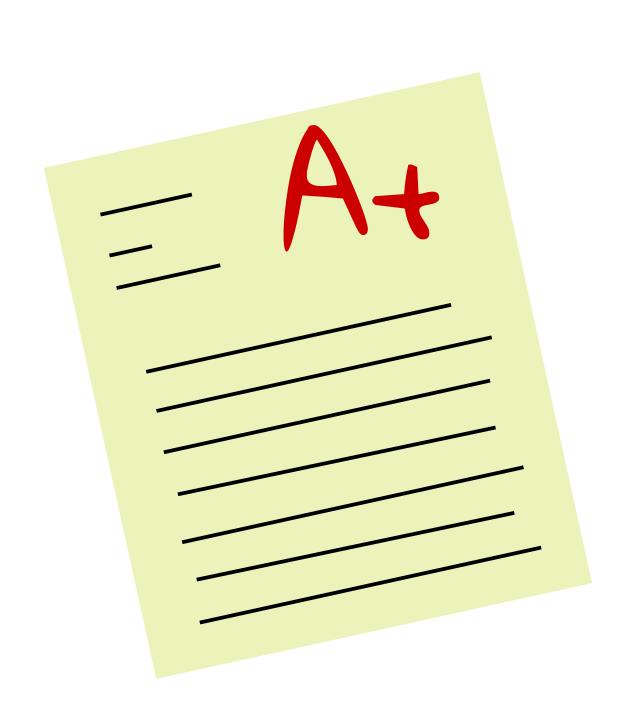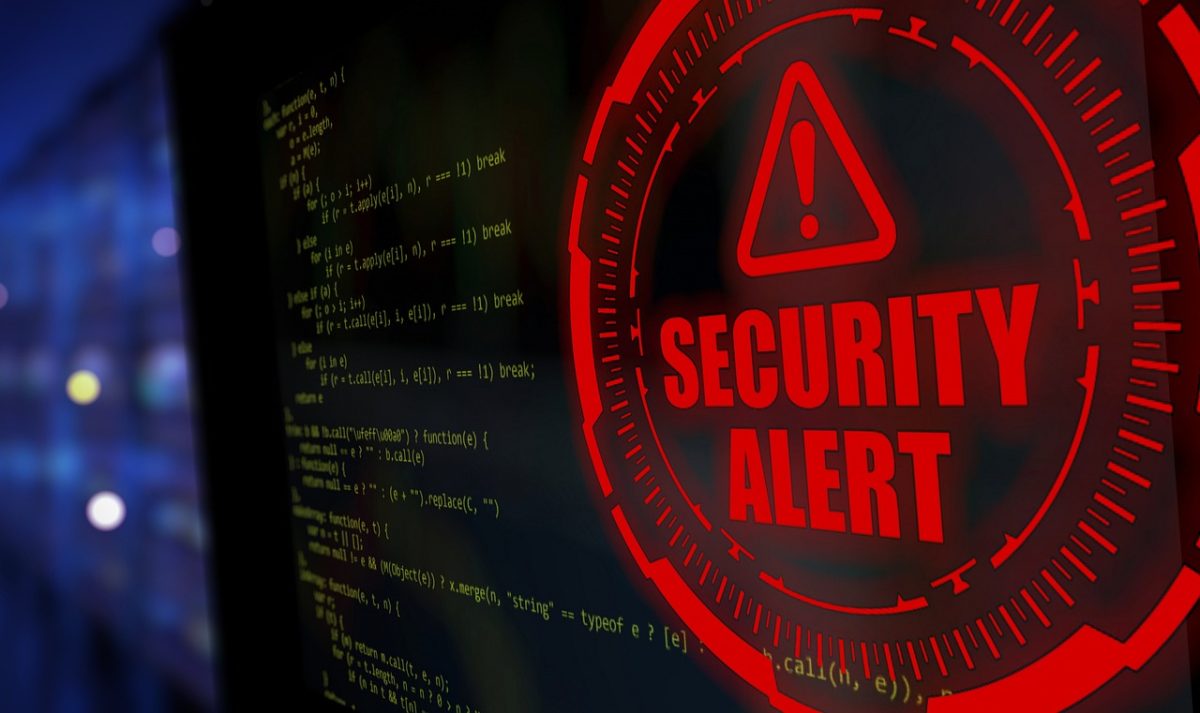Students have always been judged as to how well they perform in a classroom. However, not all students are the same, with grades varying in different ranges. While this proves that a student’s grade does not fully represent their teacher’s performance, it does provoke the suspicion that what they are doing is not fully comprehended by all students. So, should students be allowed to evaluate their teacher’s execution of a subject?
If students were allowed to grade their educators, it would give the teachers an insight as to what they can do to improve their lesson plans. If a student is not paying attention or not grasping the concept of a lesson, it may be due to a teacher’s teaching style. This could either be due to complicated wording, not enough explanation, not enough organization, etc. So, if students were allowed to notify their teachers as to what would help them focus, it would push them to become motivated learners. For example, if a student is not able to understand a topic because of little explanation, they can send their teacher an evaluation. After going over what they need to fix, a teacher can now explain the purpose of the task, talk to the student individually, provide examples, or break up lessons into reasonable parts in ways that will benefit the individual.
Many college professors give their students forms in order to receive constructive criticism, which they say has dramatically improved their teaching skills. Kosman Rajapaksha, an assistant professor at Washburn University, expressed his thoughts on the topic to the Washburn Review, “Evaluation is really important and it should be evaluated on the basis of the class classifying as worst, not good, very good and excellent. It depends on students and on class if students honestly grade their professors or not.” This shows that with evaluations and honest opinions, teachers can positively develop from their student’s feedback.
Although, there are some downsides to teacher evaluations such as not accurately giving a teacher good information to build on, but rather exerting a biased opinion towards them. For example, if a student does not do well on a test, they may comment on unnecessary matters rather than focusing on how the structure of the test should be critiqued for better results. If an individual is not honest in their evaluations, then teachers will never get an accurate description of what will help them grow as educators.
It’s not just the students, however, who may have biased opinions towards lesson plans. If a teacher doesn’t actually acknowledge their students’ feedback, it will ultimately harm their ability to perform within a classroom. Whether they think their lessons do not need to be changed or they believe it is the students’ fault, they should never tip-toe around what will help their students achieve.
In all, being able to evaluate teachers on what will make them better educators will ultimately benefit both parties. As long as a student is honest and unbiased in their criticism, and the teacher fully understands what they should change, then their classroom will become a place where students can embrace new topics with the motivation to learn.









